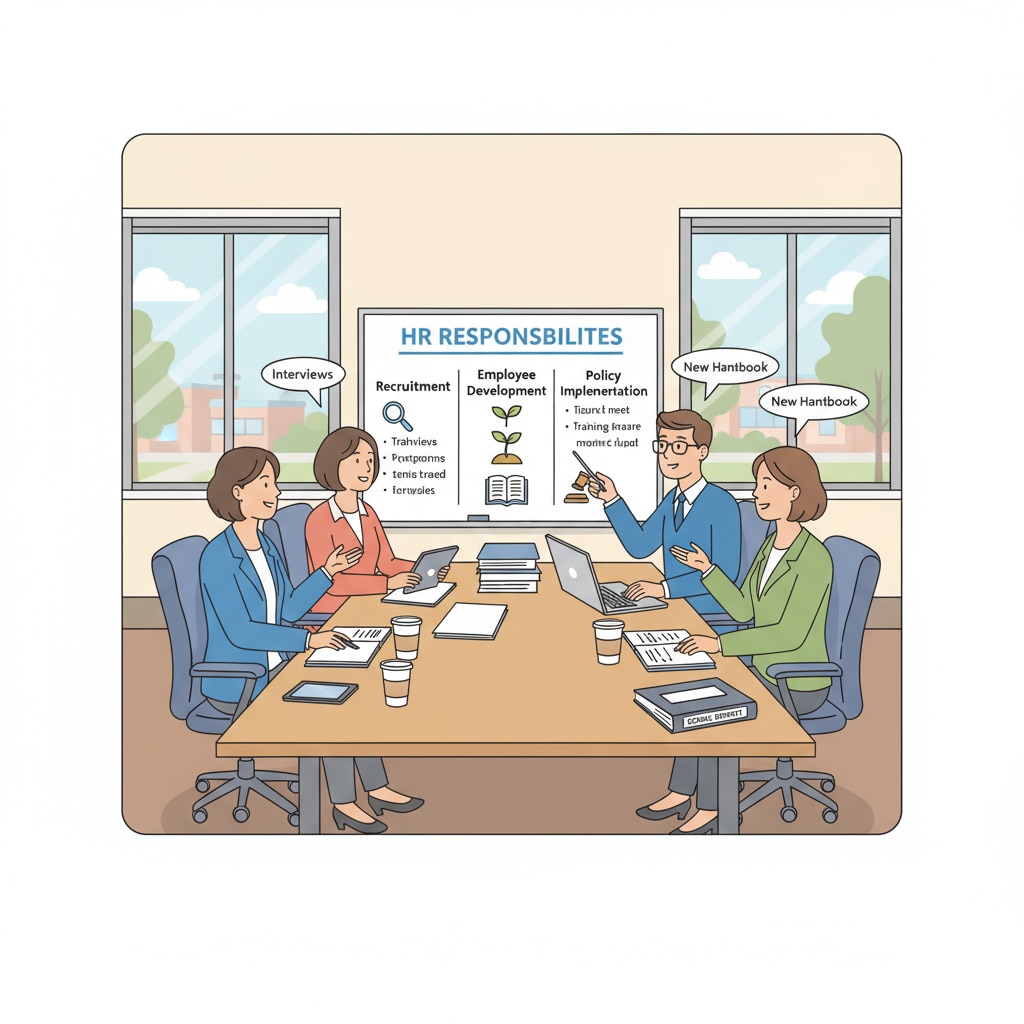The role of a school district HR director encompasses a unique blend of responsibilities, a distinct work nature, and a particular set of challenges and opportunities when it comes to compensation and benefits. This article aims to provide a comprehensive understanding for those considering a career transition into this role, especially from the healthcare HR domain.

The Transition from Healthcare HR to School District HR
Making the move from healthcare HR to a school district HR director position can be a rewarding career shift. In healthcare, HR professionals deal with a highly specialized workforce, including doctors, nurses, and medical technicians. However, in a school district, the focus is on educators, administrative staff, and support personnel. For example, while healthcare HR might be centered around managing medical licenses and compliance, school district HR involves handling teaching certifications and educational regulations. This transition requires adapting to a new work environment and set of priorities. Career Transitions in HR on HR.com
Unique Responsibilities of a School District HR Director
- Recruitment and Selection: School district HR directors are responsible for attracting and hiring the best educators and staff. This includes advertising job openings, screening candidates, and conducting interviews to ensure the right fit for the educational institution.
- Employee Development: They oversee professional development programs for teachers and staff. This could involve organizing workshops, training sessions, and providing resources to enhance their skills and knowledge.
- Policy Implementation: Implementing and enforcing HR policies within the school district. This ensures fairness and consistency in areas such as attendance, discipline, and employee relations.

In addition to these, school district HR directors also play a crucial role in handling employee relations issues, such as conflict resolution and grievance handling. They act as a bridge between the employees and the management, ensuring a harmonious working environment. Employee Relations on SHRM
Compensation and Benefits in School District HR
Compensation and benefits in a school district setting have their own characteristics. Salaries are often determined by factors like educational level, years of experience, and the specific role within the district. For example, a highly experienced teacher with an advanced degree may receive a higher salary. Benefits typically include health insurance, retirement plans, and paid time off. However, compared to some other sectors, the salary scales in school districts might be different. It’s important for HR directors to balance competitive compensation to attract and retain talent while managing the district’s budget constraints.
Readability guidance: As seen above, we have used short paragraphs and lists to summarize key points. Each H2 section has a list to present information clearly. We have also maintained a good balance of sentence lengths and used transition words like ‘however’ and ‘in addition’ to enhance the flow of the article.


